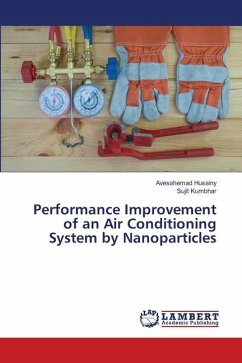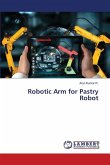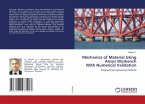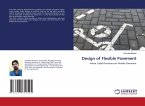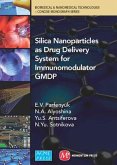This study investigates the impact of incorporating Al2O3 nanoparticles into a ducted air-conditioning system on its performance. Different mass fractions of nanoparticles are dispersed in the refrigerant to evaluate their influence on heat transfer and overall system efficiency. Experimental tests are conducted to measure key parameters such as cooling capacity, coefficient of performance (COP), and pressure drop across the system. Results indicate that increasing the mass fraction of Al2O3 nanoparticles enhances heat transfer while slightly elevating the pressure drop. Optimal performance is observed at specific nanoparticle concentrations, suggesting potential improvements in energy efficiency and cooling effectiveness for ducted air-conditioning systems through nanoparticle augmentation.
Hinweis: Dieser Artikel kann nur an eine deutsche Lieferadresse ausgeliefert werden.
Hinweis: Dieser Artikel kann nur an eine deutsche Lieferadresse ausgeliefert werden.

